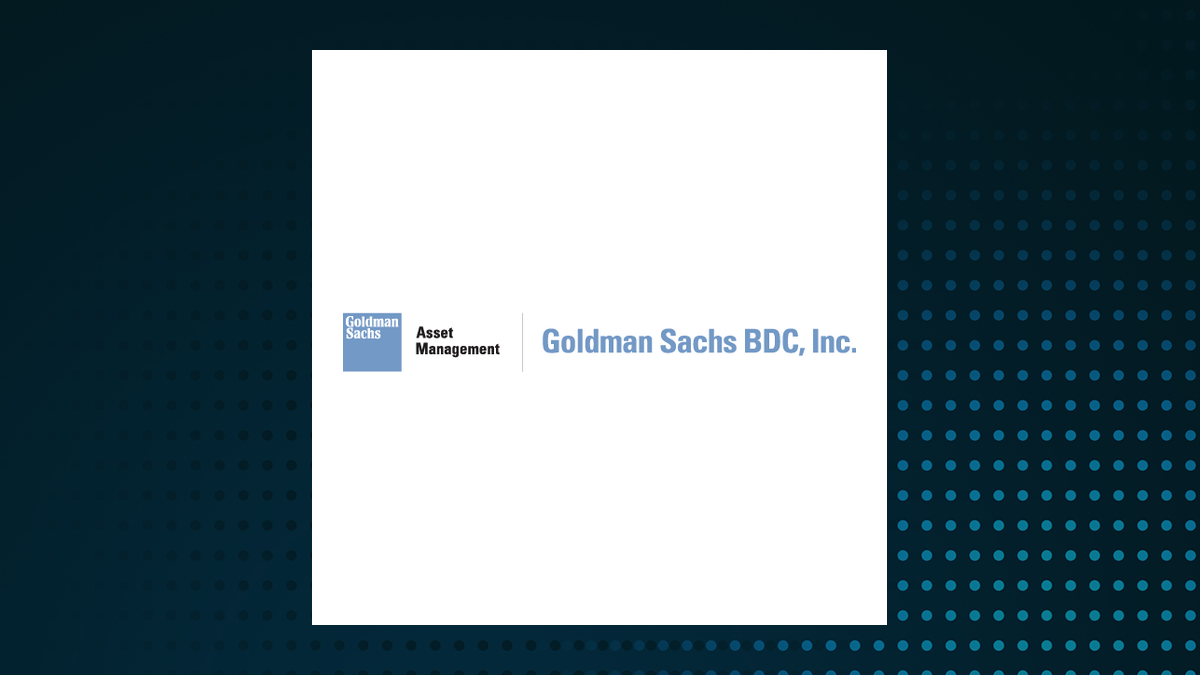Goldman Sachs BDC (NYSE:GSBD – Get Free Report) and Sixth Street Specialty Lending (NYSE:TSLX – Get Free Report) are both finance companies, but which is the better stock? We will compare the two companies based on the strength of their earnings, risk, analyst recommendations, profitability, institutional ownership, dividends and valuation.
Profitability
This table compares Goldman Sachs BDC and Sixth Street Specialty Lending’s net margins, return on equity and return on assets.
| Net Margins | Return on Equity | Return on Assets | |
| Goldman Sachs BDC | 36.17% | 13.95% | 6.17% |
| Sixth Street Specialty Lending | 39.56% | 13.47% | 6.17% |
Analyst Ratings
This is a breakdown of recent ratings and price targets for Goldman Sachs BDC and Sixth Street Specialty Lending, as provided by MarketBeat.com.
| Sell Ratings | Hold Ratings | Buy Ratings | Strong Buy Ratings | Rating Score | |
| Goldman Sachs BDC | 2 | 1 | 0 | 0 | 1.33 |
| Sixth Street Specialty Lending | 0 | 2 | 7 | 1 | 2.90 |
Insider and Institutional Ownership
28.7% of Goldman Sachs BDC shares are owned by institutional investors. Comparatively, 70.3% of Sixth Street Specialty Lending shares are owned by institutional investors. 0.1% of Goldman Sachs BDC shares are owned by insiders. Comparatively, 3.3% of Sixth Street Specialty Lending shares are owned by insiders. Strong institutional ownership is an indication that hedge funds, large money managers and endowments believe a company will outperform the market over the long term.
Dividends
Goldman Sachs BDC pays an annual dividend of $1.28 per share and has a dividend yield of 12.7%. Sixth Street Specialty Lending pays an annual dividend of $1.84 per share and has a dividend yield of 8.1%. Goldman Sachs BDC pays out 101.6% of its earnings in the form of a dividend, suggesting it may not have sufficient earnings to cover its dividend payment in the future. Sixth Street Specialty Lending pays out 91.5% of its earnings in the form of a dividend, suggesting it may not have sufficient earnings to cover its dividend payment in the future.
Volatility & Risk
Goldman Sachs BDC has a beta of 0.73, meaning that its share price is 27% less volatile than the S&P 500. Comparatively, Sixth Street Specialty Lending has a beta of 0.85, meaning that its share price is 15% less volatile than the S&P 500.
Earnings & Valuation
This table compares Goldman Sachs BDC and Sixth Street Specialty Lending”s revenue, earnings per share and valuation.
| Gross Revenue | Price/Sales Ratio | Net Income | Earnings Per Share | Price/Earnings Ratio | |
| Goldman Sachs BDC | $434.37 million | 2.65 | $62.87 million | $1.26 | 8.00 |
| Sixth Street Specialty Lending | $482.53 million | 4.45 | $220.02 million | $2.01 | 11.34 |
Sixth Street Specialty Lending has higher revenue and earnings than Goldman Sachs BDC. Goldman Sachs BDC is trading at a lower price-to-earnings ratio than Sixth Street Specialty Lending, indicating that it is currently the more affordable of the two stocks.
Summary
Sixth Street Specialty Lending beats Goldman Sachs BDC on 14 of the 16 factors compared between the two stocks.
About Goldman Sachs BDC
 Goldman Sachs BDC, Inc. is a business development company specializing in middle market and mezzanine investment in private companies. It seeks to make capital appreciation through direct originations of secured debt, senior secured debt, junior secured debt, including first lien, first lien/last-out unitranche and second lien debt, unsecured debt, including mezzanine debt and, to a lesser extent, investments in equities. The fund primarily invests in United States. It seeks to invest between $10 million and $75 million in companies with EBITDA between $5 million and $75 million annually.
Goldman Sachs BDC, Inc. is a business development company specializing in middle market and mezzanine investment in private companies. It seeks to make capital appreciation through direct originations of secured debt, senior secured debt, junior secured debt, including first lien, first lien/last-out unitranche and second lien debt, unsecured debt, including mezzanine debt and, to a lesser extent, investments in equities. The fund primarily invests in United States. It seeks to invest between $10 million and $75 million in companies with EBITDA between $5 million and $75 million annually.
About Sixth Street Specialty Lending
Sixth Street Specialty Lending, Inc. (NYSE: TSLX) is a business development company. The fund provides senior secured loans (first-lien, second-lien, and unitranche), unsecured loans, mezzanine debt, and investments in corporate bonds and equity securities and structured products, non-control structured equity, and common equity with a focus on co-investments for organic growth, acquisitions, market or product expansion, restructuring initiatives, recapitalizations, and refinancing. The fund invests in business services, software & technology, healthcare, energy, consumer & retail, manufacturing, industrials, royalty related businesses, education, and specialty finance. It seeks to finance and lending to middle market companies principally located in the United States. The fund invests in companies with enterprise value between $50 million and $1 billion or more and EBITDA between $10 million and $250 million. The transaction size is between $15 million and $350 million. The fund invests across the spectrum of the capital structure and can arrange syndicated transactions of up to $500 million and hold sizeable positions within its credits.
Receive News & Ratings for Goldman Sachs BDC Daily - Enter your email address below to receive a concise daily summary of the latest news and analysts' ratings for Goldman Sachs BDC and related companies with MarketBeat.com's FREE daily email newsletter.
